 The Conjure Book
The Conjure Book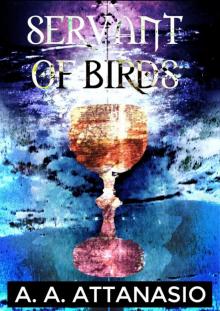 Servant of Birds
Servant of Birds The Eagle and the Sword (The Perilous Order of Camelot Book 2)
The Eagle and the Sword (The Perilous Order of Camelot Book 2)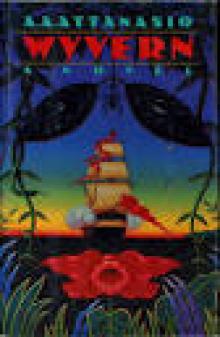 Wyvern
Wyvern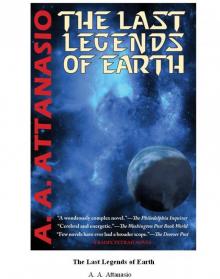 The Last Legends of Earth
The Last Legends of Earth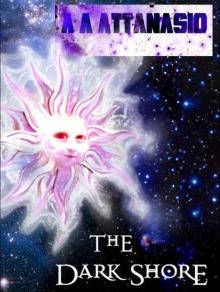 The Dark Shore (The Dominions of Irth Book 1)
The Dark Shore (The Dominions of Irth Book 1)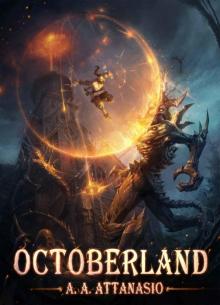 Octoberland (The Dominions of Irth Book 3)
Octoberland (The Dominions of Irth Book 3) Arc of the Dream
Arc of the Dream p1b6fn7sdh1ln0g4v1pkvkuqim54
p1b6fn7sdh1ln0g4v1pkvkuqim54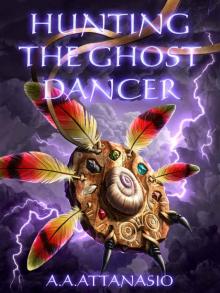 Hunting the Ghost Dancer
Hunting the Ghost Dancer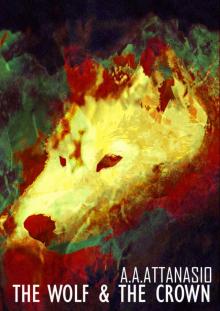 The Wolf and the Crown (The Perilous Order of Camelot Book 3)
The Wolf and the Crown (The Perilous Order of Camelot Book 3)